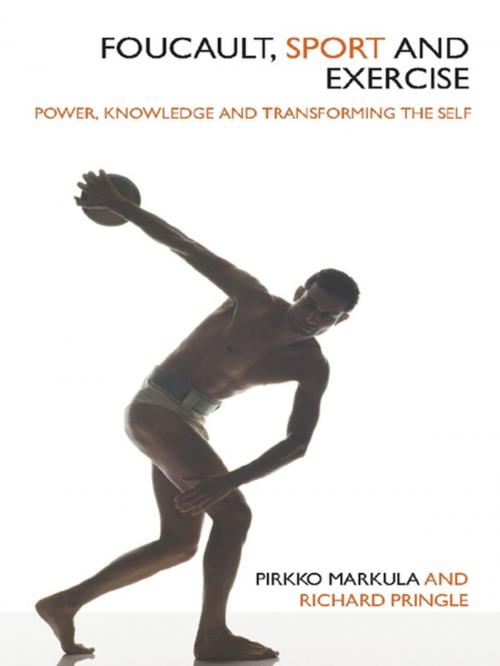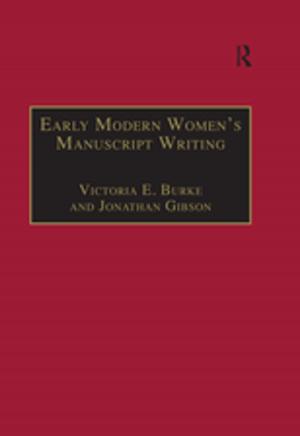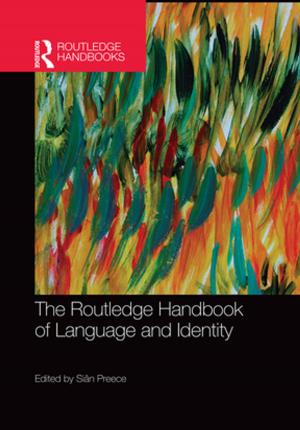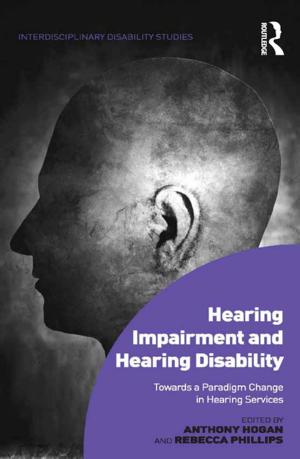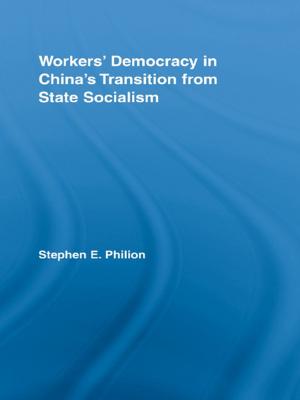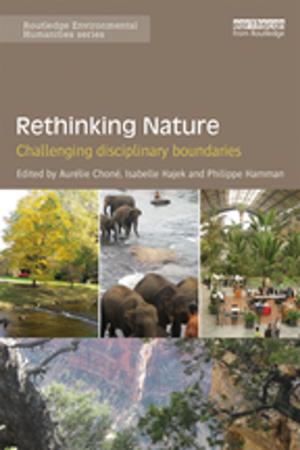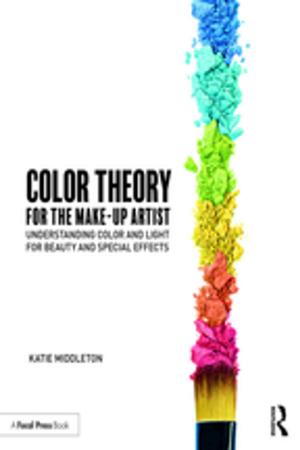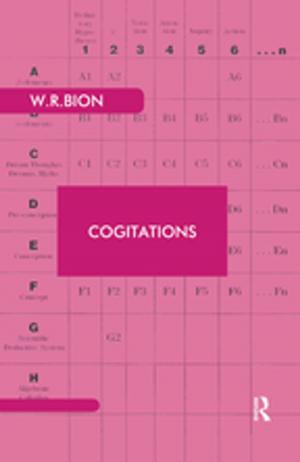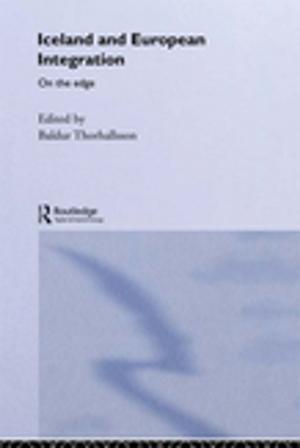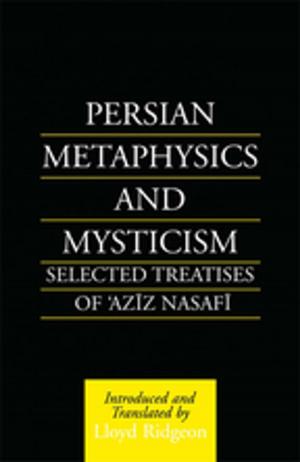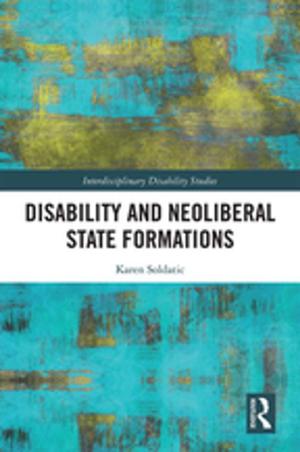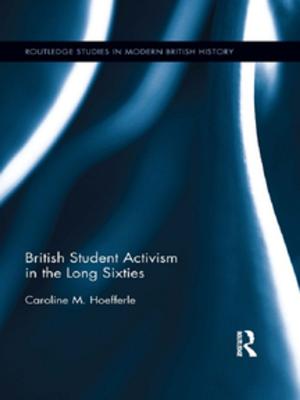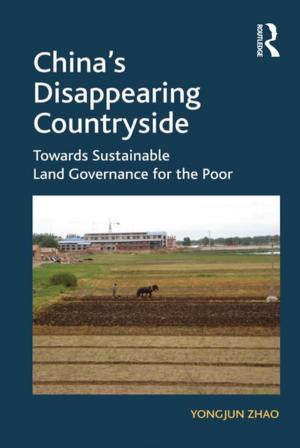Foucault, Sport and Exercise
Power, Knowledge and Transforming the Self
Nonfiction, Sports, Social & Cultural Studies, Social Science| Author: | Pirkko Markula-Denison, Richard Pringle | ISBN: | 9781134244126 |
| Publisher: | Taylor and Francis | Publication: | January 24, 2007 |
| Imprint: | Routledge | Language: | English |
| Author: | Pirkko Markula-Denison, Richard Pringle |
| ISBN: | 9781134244126 |
| Publisher: | Taylor and Francis |
| Publication: | January 24, 2007 |
| Imprint: | Routledge |
| Language: | English |
Michel Foucault’s work profoundly influences the way we think about society, in particular how we understand social power, the self, and the body. This book gives an innovative and entirely new analysis of is later works making it a one-stop guide for students, exploring how Foucauldian theory can inform our understanding of the body, domination, identity and freedom as experienced through sport and exercise.
Divided into three themed parts, this book considers:
- Foucault’s ideas and key debates
- Foucault’s theories to explore power relations, the body, identity and the construction of social practices in sport and exercise
- how individuals make sense of the social forces surrounding them, considering physical activity, fitness and sport practices as expressions of freedom and sites for social change.
Accessible and clear, including useful case studies helping to bring the theory to real-life, Foucault, Sport and Exercise considers cultures and experiences in sports, exercise and fitness, coaching and health promotion. In addition to presenting established Foucauldian perspectives and debates, this text also provides innovative discussion of how Foucault’s later work can inform the study and understanding of sport and the physically active body.
Michel Foucault’s work profoundly influences the way we think about society, in particular how we understand social power, the self, and the body. This book gives an innovative and entirely new analysis of is later works making it a one-stop guide for students, exploring how Foucauldian theory can inform our understanding of the body, domination, identity and freedom as experienced through sport and exercise.
Divided into three themed parts, this book considers:
- Foucault’s ideas and key debates
- Foucault’s theories to explore power relations, the body, identity and the construction of social practices in sport and exercise
- how individuals make sense of the social forces surrounding them, considering physical activity, fitness and sport practices as expressions of freedom and sites for social change.
Accessible and clear, including useful case studies helping to bring the theory to real-life, Foucault, Sport and Exercise considers cultures and experiences in sports, exercise and fitness, coaching and health promotion. In addition to presenting established Foucauldian perspectives and debates, this text also provides innovative discussion of how Foucault’s later work can inform the study and understanding of sport and the physically active body.
